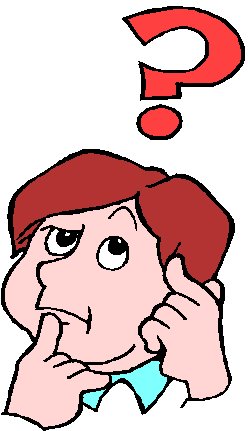
How many times should you start a writing project? Odd question? Well, I normally have my books ready in my mind, that is, I know where I want to end up even if I don’t know the route, long before I place a single word on paper (for which, read ‘screen’, since I compose at the keyboard).
The current WIP is a science fiction story set on Mars around the start of the next century. I’ve done a lot of research, invented my growing list of characters (some of them still need names and I’ve asked for readers’ input on this. See the post here if you’d like to get involved) and actually started a first draft of some 40,000 words. But. And, if you’ll forgive me, it’s a big butt. I hit a snag. The way the story was told initially didn’t allow for some of the detail I wanted to inject. At first I couldn’t decide why it wasn’t working. Then I realised I was telling it from the wrong point of view. Okay, so let’s change the pov. Not as simple as non-writers might think. Nevertheless, I ploughed on and started again, using the different pov.
Oops! Another barrier. I’d started the story at the wrong place. This meant I couldn’t build in the necessary tension, as the reader would know too much about the future before I’d covered the past or present – I was working from a future date and had to give information that other parts of the story hadn’t yet covered, and that meant mentioning certain events out of sequence. It wasn’t working and was giving me a headache and certainly not providing the rollercoaster ride I wanted my readers to experience.
So, another change. That was this morning, as I was describing some of my new characters. I started again. Now I’m employing a straightforward sequential timeline with any necessary backstory added at the appropriate times. That allows me to develop the tension and provide surprises where necessary.
I knew I wasn’t on the right track initially, as my writing wasn’t flowing as it usually does when I’m in creative mode. So, now I have most of the essential decisions made, most of the characters in place (if you’d like to help with that naming issue, you have a only a few days to visit the post and act accordingly) and the vast portion of the research done. No doubt other aspects will need deeper research as I progress, but that’s not an issue.
I’m using Scrivener for the first time to write a novel, so I’m also learning how that works as I go along; interesting. One thing it does allow is ready access to character sketches and all gathered research. And you can add to these aspects as you go along. Very useful.
So, I’m now in a place where I can start to write more confidently, knowing I won’t be undermining the pace and tension of the story. I still have to convert some of the original into a form acceptable in the new version, but that shouldn’t be too much of a burden. Time-consuming, but essential.
As my publisher, Dan Grubb, from Fantastic Books Publishing, always says: ‘Onward!’
Image from http://www.clipartpanda.com/



I know what you mean, Jack. My characters don’t always agree with the ending I have in mind, so I sometimes have to go with their choice instead. But I have to have some sort of end in sight at the start; like a point to aim at.
LikeLike
Again, that’s where we differ. I far prefer to find out when my characters do. I used to write to a preconceived ending at one time. Because of it, I was heavily criticised for being too predictable, too formulaic, etc, etc.
I defy anyone to say that now. 😉
LikeLiked by 1 person
I suspect our approaches differ only in that I aim for a point, Jack, where you leave the outcome open-ended. On completion, however, in both cases, we end the story according to the dictates of the characters.
For me, that often means an unexpected diversion and even a different destination from that I envisaged at the start of the story. For both of us, the outcome is one where we cannot signal the conclusion, as in your case you don’t know it, and in my case, whether my intended ending comes to fruition is entirely in the hands of my characters, who frequently cause me to change my mind.
Like you, I find it makes the writing of the story a lot more enjoyable, entertaining, and challenging than moving along a preconceived course.
LikeLiked by 1 person
I far prefer to let the characters do the majority of the storytelling Stuart. All I do is throw in a particular scenario and let them get on with it. 🙂
LikeLiked by 1 person
Likewise, Jack. My stories are always character driven. I couldn’t write a plot to save my life! But I generally have an idea where I want to end up. The route is always directed by the characters, however.
LikeLiked by 1 person
Yeh, unlike you I always leave the way it ends until the characters have hinted about a few possibilities…
LikeLiked by 1 person